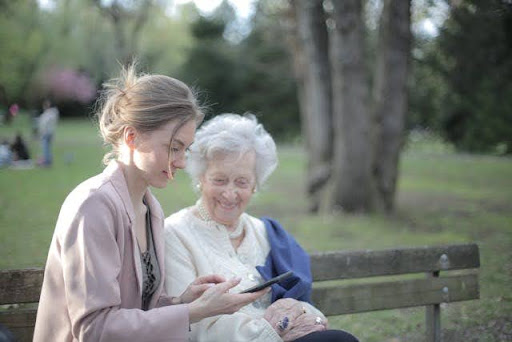Taking care of a loved one is a rewarding experience, but it also comes with its own set of challenges. Caregivers often find themselves balancing multiple responsibilities, which can lead to burnout and exhaustion. Similarly, seniors may crave social interaction and new experiences beyond the confines of their homes. Enter respite care — a service designed to provide temporary relief to caregivers while offering seniors opportunities for engagement and companionship.
Below are the benefits respite care and its impact on well-being can offer both caregivers and seniors.
Understanding Respite Care
Respite care is a short-term service that allows caregivers to take a break from their caregiving duties while ensuring that their loved ones receive the support and attention they need. This form of care can take place in various settings, including in-home care agencies, adult day centers, and residential care facilities.
Respite care services can range from a few hours to several days, depending on the needs of the caregiver and the senior. During this time, trained professionals provide assistance with daily tasks, medication management, and social activities tailored to the senior’s interests and abilities.
Benefits for Caregivers
Caregiving can be physically and emotionally demanding, often leading to stress, fatigue, and feelings of isolation. Respite care offers caregivers the opportunity to recharge and prioritize their own well-being without feeling guilty or overwhelmed.
By taking regular breaks, caregivers can prevent burnout and maintain their own health. Whether it’s attending to personal appointments, running errands, or simply taking time to relax and unwind, respite care allows caregivers to replenish their energy and return to their caregiving role with renewed focus and enthusiasm.
Renewing Joy for Seniors
Seniors who participate in respite care programs also benefit from the experience. Many seniors enjoy the opportunity to socialize with peers, engage in stimulating activities, and explore new hobbies in a safe and supportive environment.
Respite care programs often offer a variety of recreational and educational activities tailored to the interests and preferences of seniors. From arts and crafts workshops to group outings and cultural events, these activities provide opportunities for socialization, mental stimulation, and personal growth.
Moreover, respite care allows seniors to maintain a sense of independence and autonomy while receiving the assistance they need. Engaging in meaningful activities and forming connections with caregivers and fellow participants helps seniors combat loneliness and isolation, enhancing their overall quality of life.
Enhancing Quality of Life
Ultimately, respite care contributes to the overall well-being of both caregivers and seniors alike. Caregivers can sustain their caregiving role over the long term, promoting positive relationships and reducing the risk of caregiver burnout when they prioritize self-care and seek support when needed. For seniors, respite care offers a welcome change of pace and the opportunity to remain active and engaged in their community. Whether it’s participating in group exercises, enjoying nutritious meals, or simply sharing stories and laughter with others, respite care fosters a sense of belonging and connection that is vital to emotional and psychological health.
Respite care helps promote health, happiness, and well-being. And what’s more important than that?





